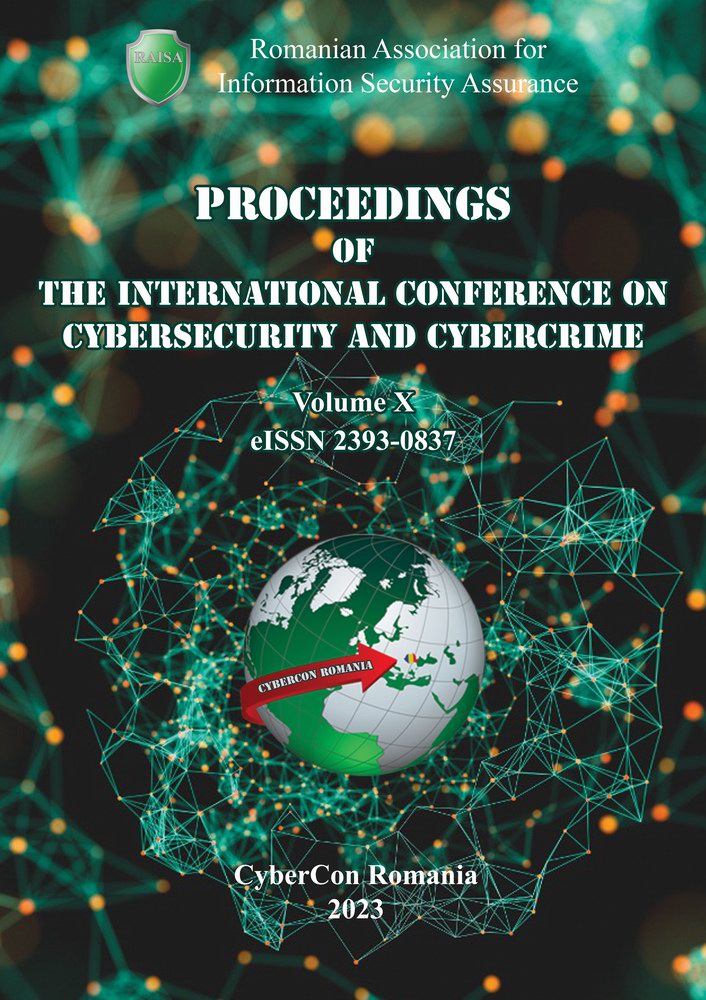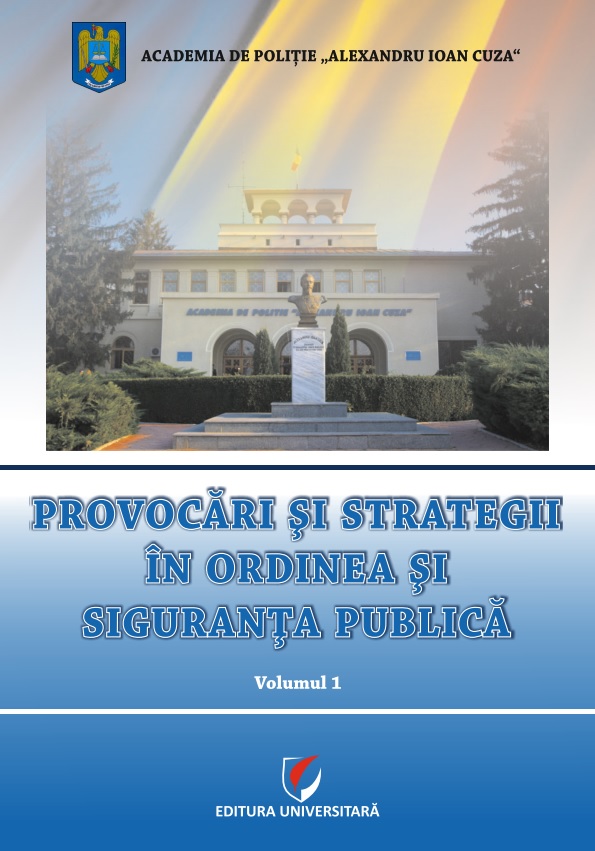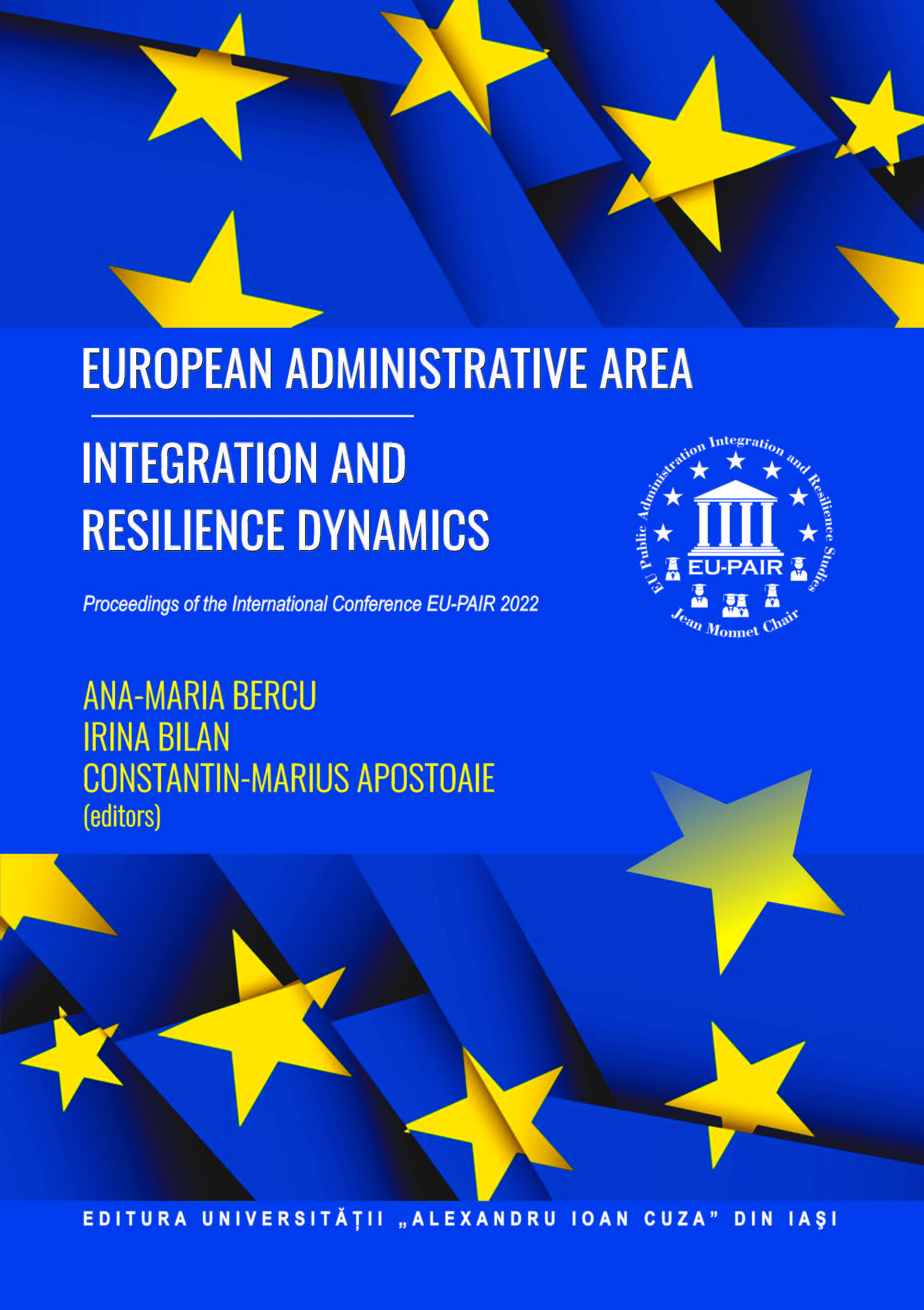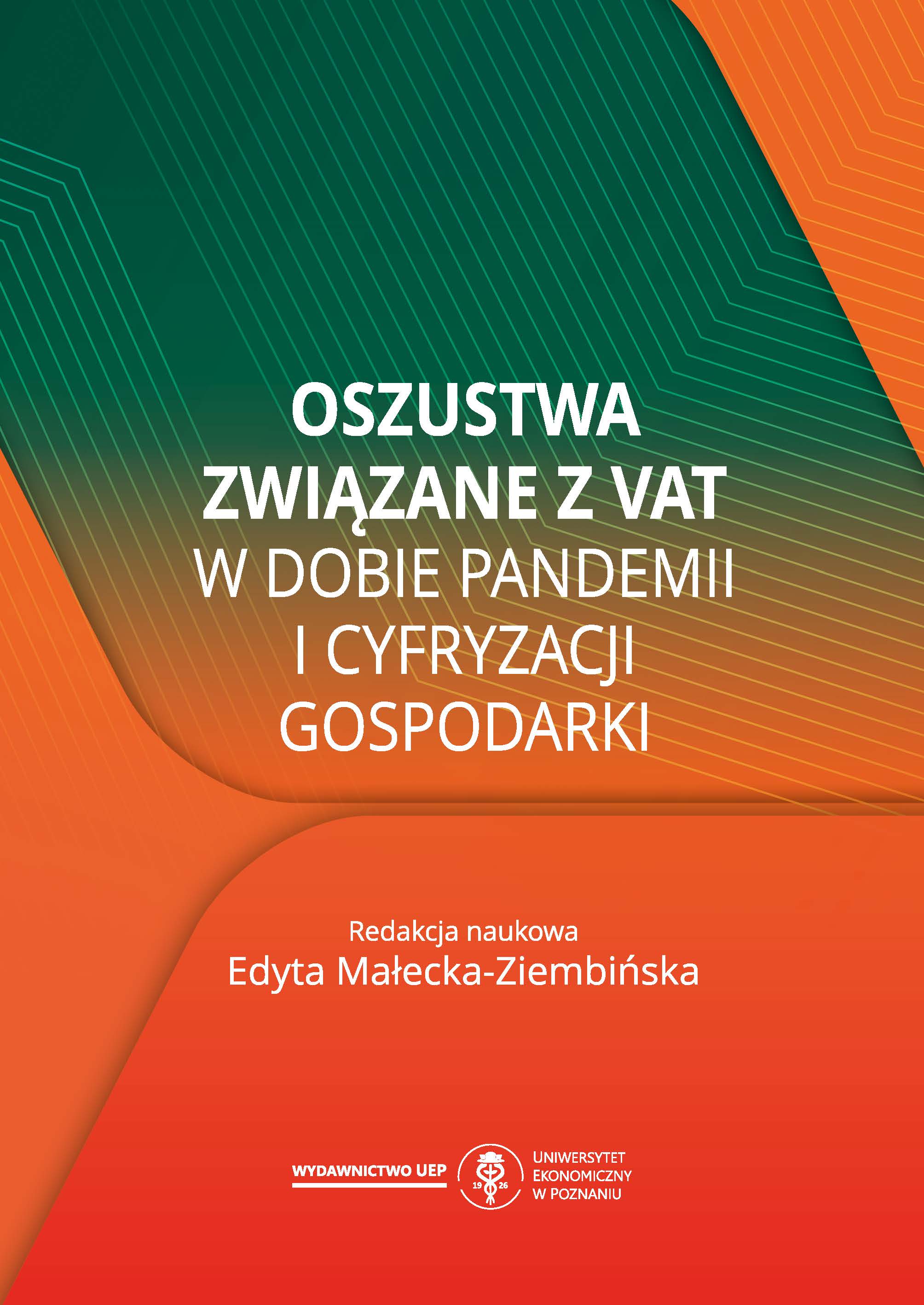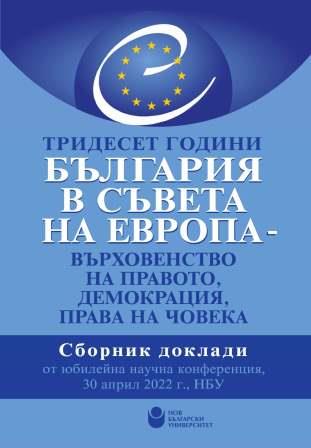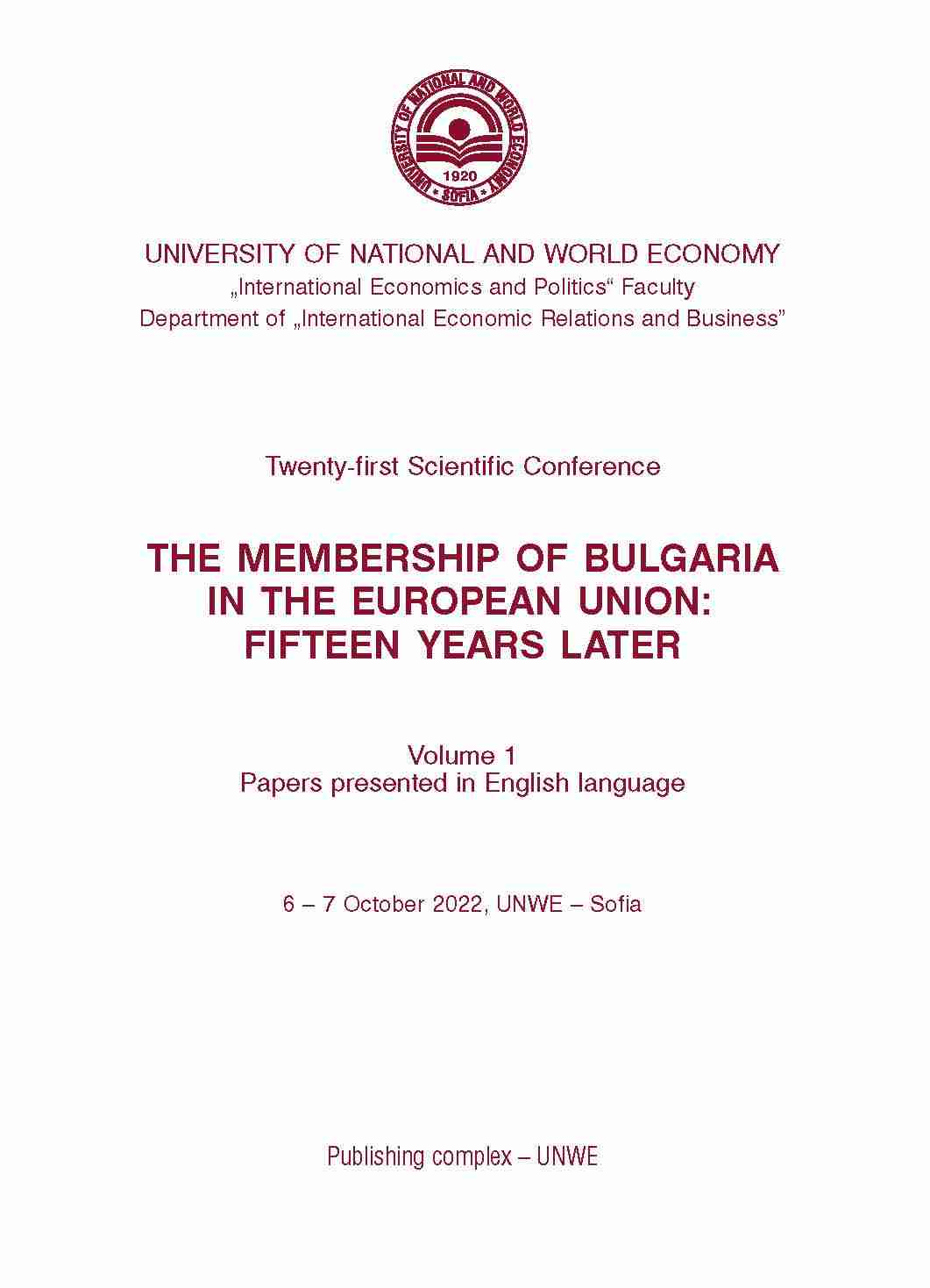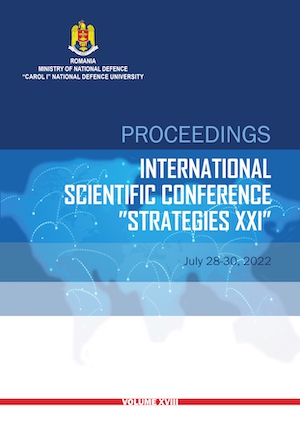
THE IMPACT OF AI ON NATO MEMBER STATES’ STRATEGIC THINKING
The incorporation of Artificial Intelligence (AI) into military capabilities creates various challenges for NATO. Since AI will impact the full spectrum of military capabilities, different militaries will have various reactions for these challenges. This article asks how might these reactions impact NATO member states’ strategic thinking around AI? To answer this question the article analyzes member state-specific data published by the NATO Cooperative Cyber Defence Center of Excellence (CCDCOE) and cross referencing it with specific operator countries. On the strategic level, the article compares the United States’ and France’s AI defensive strategies, highlighting their similarities and differences with regards to their assessments on the strategic environment; emerging threats; as well as objectives and capabilities. The analysis shows diverging development paths among NATO members, thus pointing towards the emergence of different AI-enabled technology clusters in the alliance. The integration of AI-enabled systems into allied military forces shows not only striking disparities but a deep level of fragmentation. The article also identifies a new form of capability gap among those member states, which have more capabilities. In this context, policies pursued by AI great powers are deepening intra-alliance fragmentations, while AI middle powers, like Poland or the Netherlands, are becoming more interoperable with other member states.
More...
